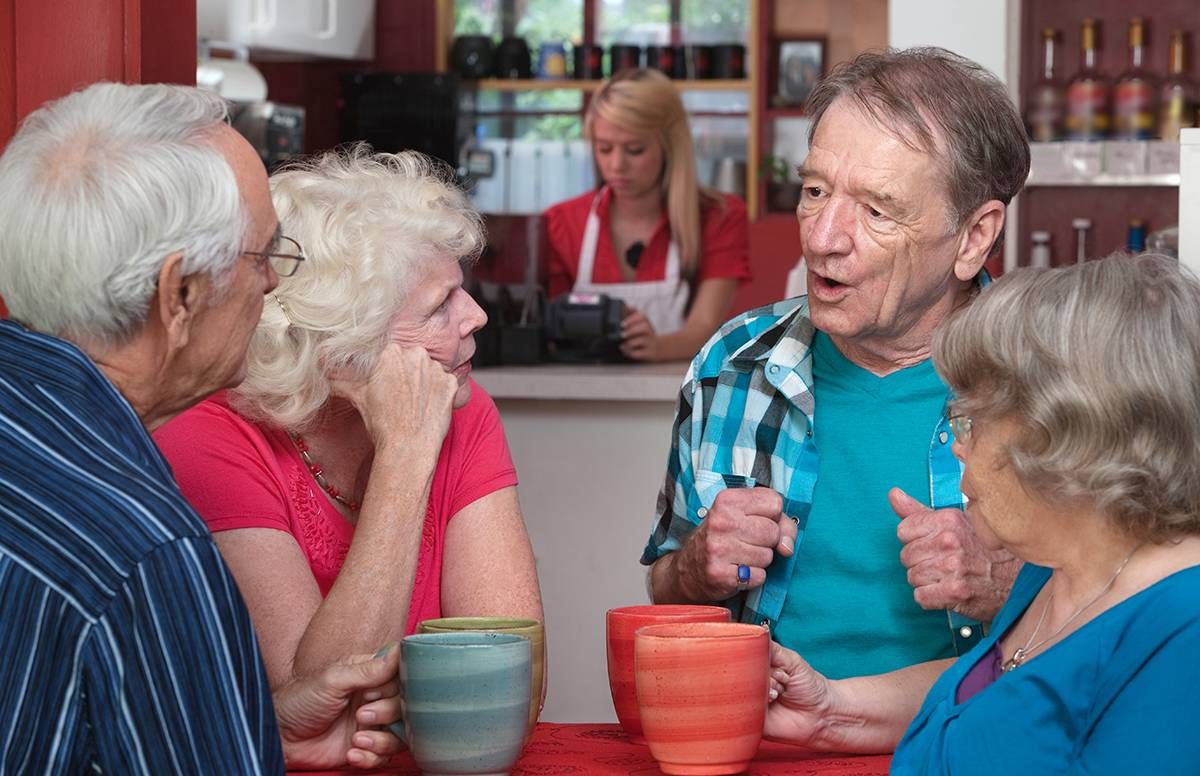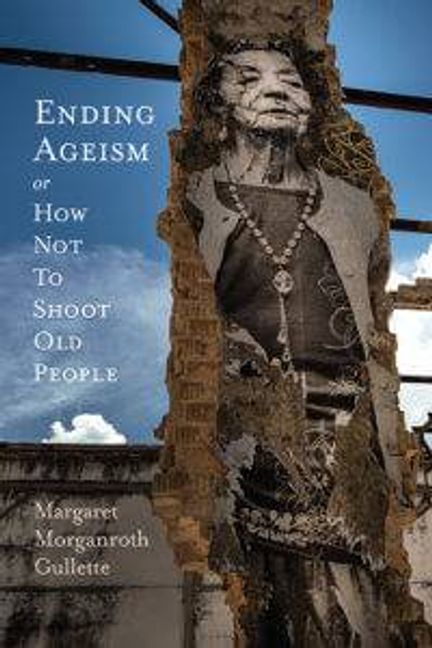How an Anti-Ageist Movement Unites
This 'Declaration of Grievances' addresses social inclusion, well-being and justice
The history of liberation movements reserves a special place of honor for the documents that reveal inflicted suffering. Enlightenment struggles — for American independence from Great Britain, the abolition of slavery in Britain and the United States, women’s rights everywhere — needed such evidence to reframe public opinion. Collective resistance and reform depend on having the wrongs described, feelingly.

The Declaration of Independence (1776) and the Declaration of Rights and Sentiments (1848) both confirmed how victims were harmed, through lists of substantial and deeply substantiated complaints. To serve an anti-ageist movement, in the same hopeful collective spirit that animated Thomas Jefferson and Elizabeth Cady Stanton, I offer a preamble of justification and a list of grievances.
This list will surely prove preliminary. These charges are guided by a vision of social inclusion, well-being, and justice. The following Declaration of Grievances is delivered in the choral voice of those in later life. Like earlier resolutions, it is addressed to all who are likely to corroborate the indictments and wish to correct the evils.

Declaration of Grievances
When, in the course of human events, it becomes necessary for one portion of humankind to assume among the people of the earth a position different from that which we currently occupy, the one to which the laws of equality-in-diversity entitle us, a decent respect to the opinions of humankind requires that we should declare the causes that impel us to cast off our patient subjugation. Our portion consists of older human beings. “They” refers to agents of all ages who, knowingly or not, injure us or benefit from our subjugation.
Through shameless age-shaming, they silence us. They destroy confidence in our own powers, lessen our autonomy, and make many accept, willingly or not, an unnecessarily dependent or abject life.
Through condescension, ridicule and indifference, and through exaggerated deference to medicine and science, they make our own bodies foreign to us.
Through hate speech, they make contemporary media and the use of social media unpleasant to us.
Through depictions in the arts, they often distort our longings and agency and express fantasies noxious to our well-being.
In many ways, they make cultural participation, a human right, difficult for us.
Through careless bodily force, they sometimes make the public spaces of our land dangerous to us.
Disregarding our desires, talents and abilities, they often exclude us from places of learning and power.
Disregarding our desire, talents and abilities, they monopolize nearly all profitable employments and often entirely exclude us from meaningful work and necessary income.
Although we suffer from the disparate impact of laws, hostile behavior and prejudicial discourses that undermine our ability to obtain or retain available work, the courts prevent us from having recourse to the governmental agencies that should help us to seek redress. The legislatures have refused assent to bills wholesome and necessary to our good.
By passing state statutes requiring forms of identification that many of us lack and some cannot obtain, they deprive many of us of the right to vote, rightly ours since our first coming of age, and basic to democratic process.
Through attested patterns of medical ignorance, neglect or misconduct, they adversely impact our health outcomes, as if our well-being were worth less than that of others.
Through legal procedures lenient to evildoers, and in other ways, our lives — particularly if we are women and impaired — are held to be cheaper than the lives of others.
By treating us as burdens in public forums, and through the aforementioned medical and legal practices, many of those with power put in question our basic right to live.
May the blessings of the elders be apportioned to the deserving, and be heard and valued and may their reproofs also serve as guidance to the generations.
This op-ed is adapted from Margaret Morganroth’s Gullette new book, Ending Ageism, or How Not to Shoot Old People. Reprinted with permission of Rutgers University Press.

